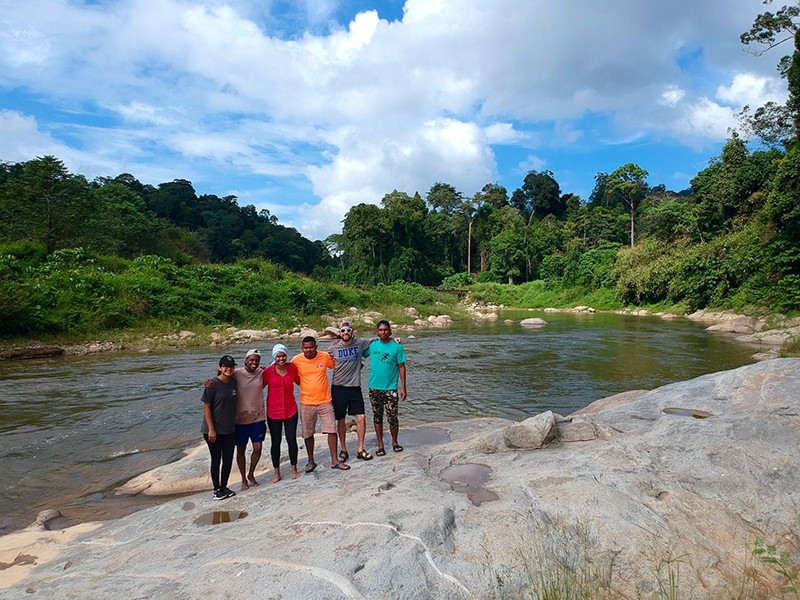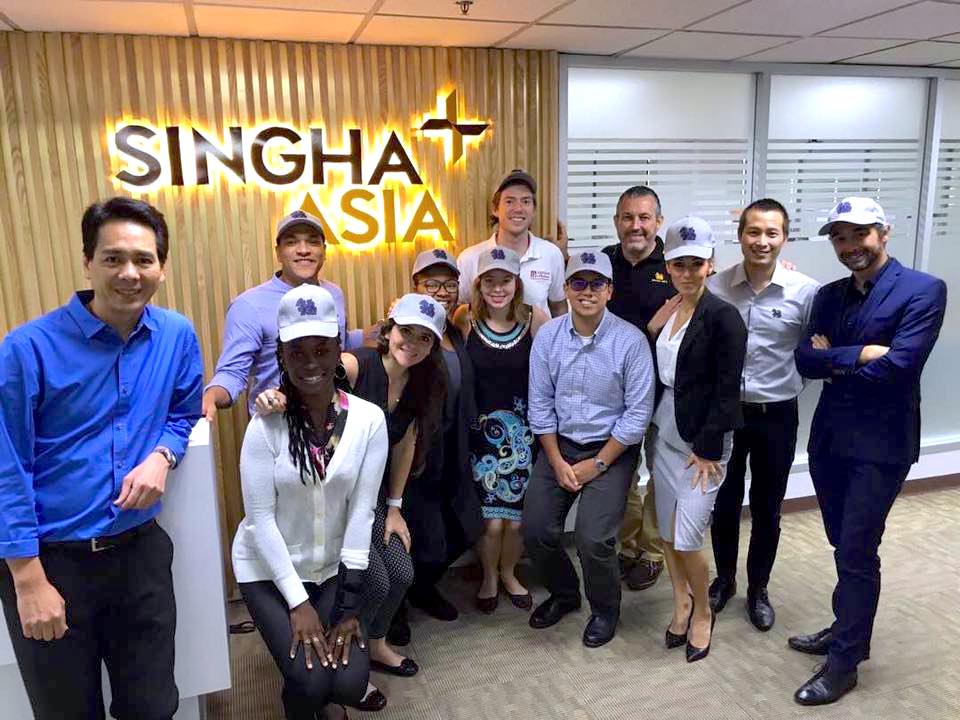“I wanted to earn the leading role in my family’s business where I worked through high school,” Azra Becirovic recalls, “so I decided to open my laptop and start searching for an MBA program.” After working in commercial banking in Germany and Italy for a year, Azra came home to Bosnia and Herzegovina to pursue her passion for entrepreneurship. “I was in charge of my family business, a mid-size retail company with a work environment that promotes positive and healthy collaboration,” she says.
Upon her return, Azra discovered that she liked the responsibility of managing her own business, exploring new ideas and negotiating sales transactions. Handling the family business excited her, especially when she was tasked with helping develop and improve it. But growing a business is also a tough challenge, one that pushed her to find ways to develop entrepreneurial skills.
“I wanted to gain knowledge and experience by learning from top professionals. I wanted to expose myself to different markets where growth and opportunities are surging,” she says. “More importantly, I knew I needed more confidence in taking on a bigger leadership role in the company.” Earning an MBA degree was a natural next step. After weighing her options, she decided to enroll at Asia School of Business (ASB).
“I had never been to Asia before so the decision was a quite a big shift, but an exciting one for me,“ she explains. The ASB MBA curriculum, with its focus on experiential education through Action Learning projects, was the main factor that encouraged Azra to take the leap. “I was curious about the Action Learning projects. I thought it was a good opportunity for me to work on real business problems while developing leadership skills that can help me be more confident in taking leadership roles,” she says.
She also appreciated the school’s strategic location in Asia. Before joining ASB, Azra had never been to Malaysia but was interested in learning more about its culture, lifestyle and people. And from the transportation hub of Kuala Lumpur, she had the opportunity to experience numerous other diverse cultures across Southeast Asia. Living in Malaysia, which is far from her home, was also the first step to practicing courage.
“I didn’t know anything about Malaysia and I didn’t know anyone. It was like starting from scratch. I told myself this is exactly what I wanted. If I want to build my confidence, then I have to go out of my comfort zone,” she says. Among other things, Azra had to adjust to new weather, unfamiliar cuisines and a distinct culture. “It was truly an eye-opener,” she admits.
For her, adjusting to life in Malaysia is another way to develop self-confidence. “MBA candidates develop numerous rewarding skills and the first one is confidence. I believe that having confidence already takes us halfway to realizing our goals,” she says while recalling her first few months in the program.
Azra also cited ASB’s gender diversity as a factor that made the school more attractive to her. “A business school with a student body that is 40% female is interesting for me. Having a vast number of female MBA students makes the environment even more supportive. We all share a common goal, male or female, and that is to pursue our careers, or for some of us, to discover a career path,” she explains.
For Azra, learning does not begin and end in the classroom. Early on, she involved herself in clubs and activities that allowed her to express herself and contribute to the program and her fellow students. One of these organizations is ASB’s Women’s Association, of which she is the incoming president. “Nominating myself as the president of ASB’s Women’s Association was a good opportunity to build my confidence.
To be honest, I didn’t feel comfortable nominating myself, but the support I got from my classmates was empowering,” she explains. She adds, “Getting the role and now leading the Association with an amazing group of young women who share the same passion gave me greater motivation and persistence to accomplish more.”
Azra knows that to pursue her passion, she must have the courage to take the first step, which is made easier by having supportive classmates to share in the journey. As she notes, “I am just at the start of my MBA journey, but I can say that I have not only learned new skills and discovered newfound confidence, but also built valuable connections with friends who play an important role in my constant improvement.”







